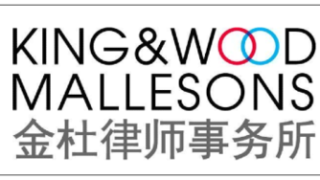Firm
The introduction of Canada’s patent term adjustment has left practitioners sceptical about its value, with high fees and limited eligibility meaning SMEs could lose out
With the US privacy landscape more fragmented and active than ever and federal legislation stalled, lawyers at Sheppard Mullin explain how states are taking bold steps to define their own regimes
A vote to be held in 2026 could create Hogan Lovells Cadwalader, a $3.6bn giant with 3,100 lawyers across the Americas, EMEA and Asia Pacific
Varuni Paranavitane of Finnegan and IP counsel Lisa Ribes compare and contrast two recent AI copyright decisions from Germany and the UK
Recently published Special Focus articles
Recently published Special Focus articles
-
Sponsored by ABE & PartnersTakanori Abe of Abe & Partners explains the premise of Hantei-E and its offerings in Japan
-
Sponsored by InspicosPeter Koefoed of Inspicos P/S explains the findings of a recent decision concerning the inventiveness of computer-implemented simulation methods
-
Sponsored by Red PointsDaniel Shapiro of Red Points considers how IP leaders can report on metrics of brand protection software. Join the company’s live webinar on May 27 to learn more with real-world examples
-
Sponsored by Liu, Shen & AssociatesJing Zhang and Guang Hou of Liu Shen & Associates discuss AI-related innovations and patent protection
-
Sponsored by OLIVARESAlejandra Badillo of Olivares discusses a Supreme Court ruling where the use of a trademark in IP law is now defined as having “real and effective use”
-
Sponsored by AJ ParkAJ Park considers how recent case law has affected the distinctiveness standard guidance for stylised trademarks





















